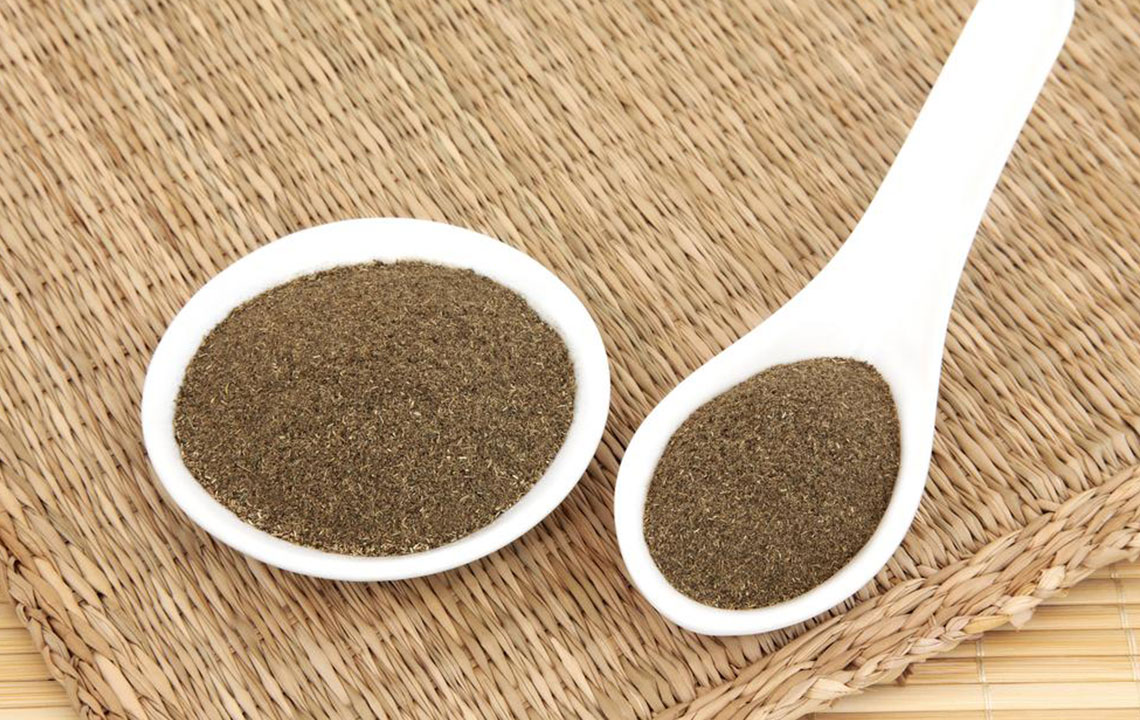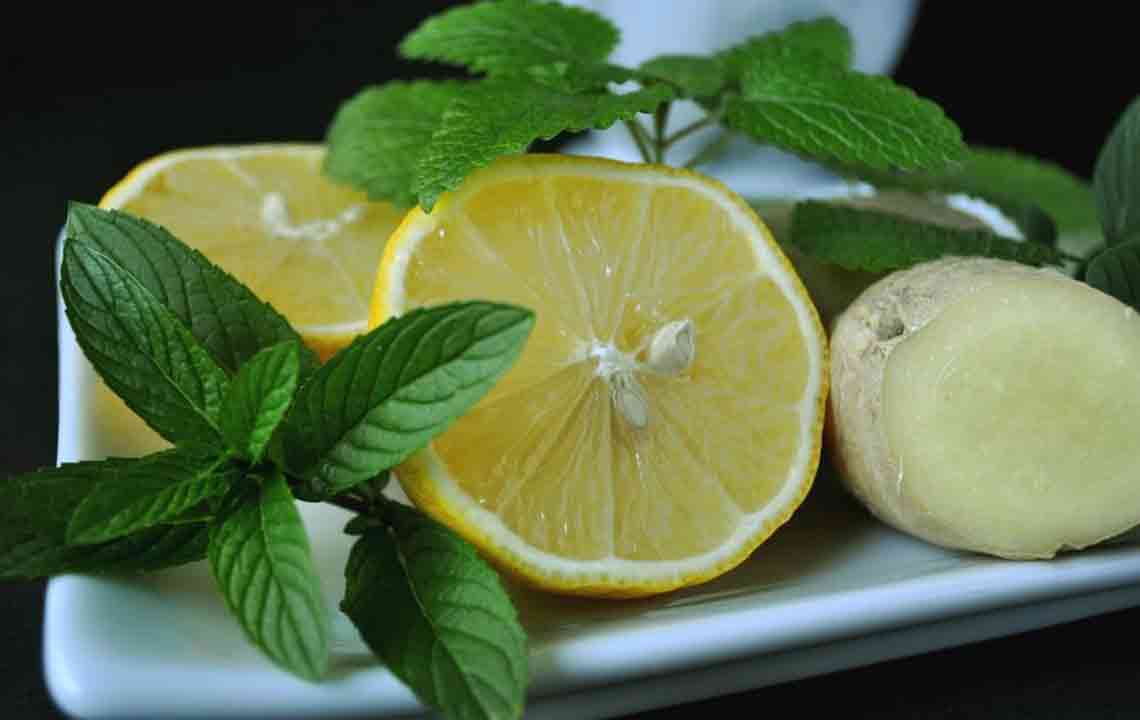Comprehensive Guide to Natural Remedies for Alleviating Stomach Gas Discomfort
This comprehensive guide explores natural, household-based remedies for relieving stomach gas and bloating. It emphasizes understanding causes, utilizing remedies like apple cider vinegar, ginger, and probiotics, and highlights lifestyle tips for digestive health. Persistent symptoms require medical evaluation to rule out serious conditions, ensuring safe and effective relief from gastrointestinal discomfort.

Experiencing persistent bloating, excessive gas, and abdominal discomfort are common issues faced by many individuals. These digestive problems often stem from a variety of causes such as poor digestion, food intolerances, constipation, or diarrhea, which contribute to gas accumulation in the intestines. While occasional gas is normal, ongoing or severe symptoms may indicate underlying health conditions that require medical evaluation. Recognizing the difference between benign gas symptoms and more serious health concerns is vital for appropriate treatment. Fortunately, there are numerous natural remedies that can help relieve stomach gas effectively, using ingredients readily available in most households.
Stomach bloating and gas pains are not only uncomfortable but can also affect daily activities and overall well-being. Fortunately, natural approaches to alleviate these symptoms are often safe, cost-effective, and easy to implement. Some of the most trusted household remedies include apple cider vinegar, mustard, ginger, and probiotic-rich foods. These solutions can help improve digestion, reduce gas formation, and soothe the gastrointestinal tract. However, it is important to remember that persistent or intense symptoms should always be evaluated by a healthcare professional to rule out more serious conditions such as gastrointestinal infections, inflammatory diseases, or other medical issues.
Understanding the Causes of Stomach Gas and Bloating
Before exploring natural remedies, it's essential to understand what causes stomach gas and bloating. Gas in the digestive system is primarily produced by the fermentation of undigested food by bacteria in the intestines. Certain foods like beans, lentils, broccoli, cabbage, carbonated drinks, and high-fat foods are notorious for causing gas. Swallowing excess air during eating, drinking, or smoking can also contribute to bloating. Additionally, conditions like food intolerances, irritable bowel syndrome (IBS), or gastrointestinal infections can exacerbate these symptoms.
Beneficial Household Remedies for Gas Relief
Utilizing common household ingredients serves as an effective way to combat stomach gas naturally. Here are some time-tested remedies:
Apple Cider Vinegar: This natural remedy aids digestion and balances stomach acidity. Mixing one to two tablespoons of raw, unfiltered apple cider vinegar in a glass of water and drinking before meals can stimulate digestive enzymes, reduce gas production, and alleviate bloating.
Mustard: Mustard seeds contain compounds that can help relax the stomach muscles and promote better digestion. Consuming a small spoonful of prepared mustard or mustard seeds can help ease gas buildup.
Ginger: Known for its anti-inflammatory and digestive properties, ginger can help reduce gas and soothe the gastrointestinal tract. Fresh ginger tea, ginger candies, or adding ginger to meals are effective ways to incorporate it into your diet.
Probiotics: These beneficial bacteria found in yogurt, kefir, sauerkraut, and other fermented foods can promote healthy gut flora, improve digestion, and decrease gas formation.
Additional Lifestyle Tips for Reducing Gas and Bloating
Alongside natural remedies, certain lifestyle adjustments can significantly lessen gastrointestinal discomfort. Eating slowly and chewing food thoroughly reduces swallowed air. Avoiding carbonated drinks and limiting intake of gas-inducing foods can help prevent excess bloating. Regular physical activity encourages bowel movements and reduces constipation. Staying hydrated and maintaining a balanced diet rich in fiber can promote healthy digestion. If you notice persistent symptoms, it is crucial to seek medical advice to exclude more serious conditions.
When to Seek Medical Attention
While natural remedies are beneficial, they are not substitutes for professional medical care. If symptoms such as severe abdominal pain, persistent vomiting, blood in stool, unexplained weight loss, or symptoms worsening over time occur, prompt medical evaluation is necessary. These signs could indicate underlying gastrointestinal conditions like infections, inflammations, or other medical disorders that require targeted treatment.
Conclusion
Managing stomach gas and bloating naturally is achievable with simple household remedies and lifestyle modifications. Apple cider vinegar, mustard, ginger, and probiotics are effective, accessible options that can provide quick relief from discomfort. However, understanding the root causes of these symptoms is crucial, and persistent or severe issues should always be assessed by healthcare professionals. With proper care and natural strategies, individuals can significantly improve their digestive health and enjoy greater comfort in everyday life.





